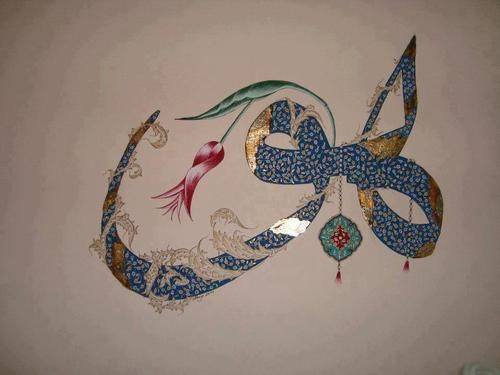Question:
I was giving an Islamic lesson to some kids recently, and one young girl asked: why is God referred to as ‘He’ and not ‘She’?
I wasn’t too sure to be honest, but I had some idea. I told her:
– it is obviously not the case that God has a gender
– although God has names that we associate more with females (e.g. Al-Jamal), God has many attributes that are associated with masculinity and power (e.g Al-Qawiy, Al-Jabbaar e.t.c)
I was not too convinced by the answer I gave her, so I told her I will ask a Sheikh and get back to her.
Answer:
All our jurists became Mujtahids when they were teaching, not when they were studying! So, congratulations, teaching is double learning.
In short:
1. God speaks our language so that we understand Him, thus the Qur’an is revealed in a human language i.e. Arabic.
2. As such the Qur’an maintains the Arabic grammatical rules, inasmuch as when you speak English you must follow its grammatical rules, otherwise you will not be understood correctly.
3. One of the grammatical rules in the Arabic language is: Arabs use a feminine pronoun only for feminine names, whether real or figurative. An example of a real feminine noun is ‘Fatemah’, and an example of a figurative on is ‘the Sun’, which in Arabic is a figurative noun. For all other nouns, whether masculine (including figurative like ‘the Moon’) or not (like objects, or anything, or any other beings) they use masculine pronouns. For example, in Ayah 216 of Surah al-Baqarah: کُتب علیکم القتال و هو کره لکم
The pronoun ‘Ho-wa’ (he) refers to ‘al-Qital’ (fighting) although ‘fighting’ is neither feminine nor masculine. Similarly, Angels are referred to by masculine pronouns although they are gender-free.
4. Therefore, grammatically ‘Allah’ is also referred to by a masculine pronoun, although He the Almighty is beyond any gender, rather, He is the Creator of all genders.
Answered by: Sheikh Mansour Leghaei



